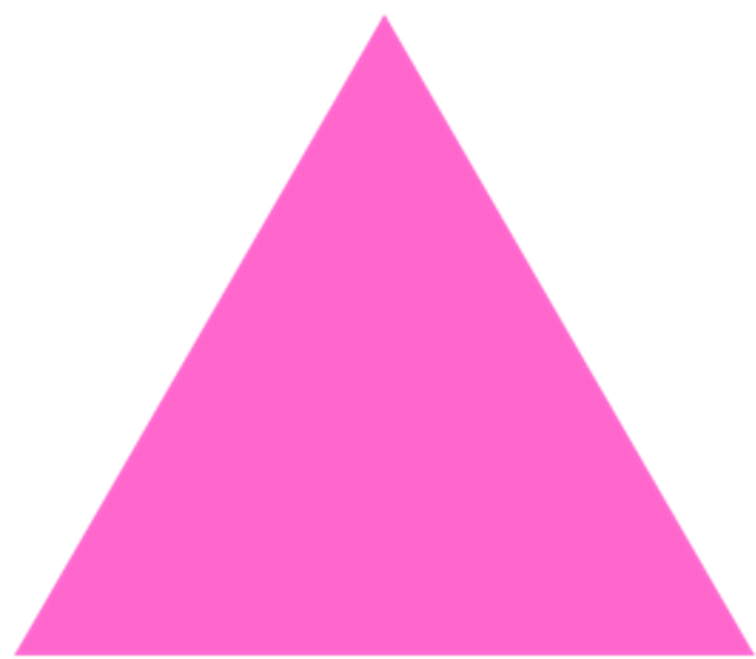Holocaust memorial day offers an important opportunity to remember those lost during the Holocaust, but also to further examine who those people were, the communities they represented and the reasons why Nazi Germany targeted them in their quest to establish the “final solution”. Indeed, it is far from an easy topic to discuss, but this should not stop communities, particularly those represented in the Holocaust, from discussing this recent history and campaigning so that the atrocities committed are never repeated again.
The genocides of Jewish people, Roma gypsies, ethnic Poles, men and women from Slavic nations, Soviet citizens, Jehovah’s Witnesses, black people, the incurably sick and homosexuals began not at the outbreak of war in 1939, but six years earlier in 1933. By the time of its conclusion, brought about by fall of the Third Reich in 1945, the Holocaust was responsible for the loss of 17 million lives.
One of the groups targeted in the mass genocide, gay men, found themselves treated to an unusual degree of cruelty in concentration camps at the hands of captors. From 1933 to the end of the war in 1945, roughly 100,000 gay men were rounded up, resulting in about half of these becoming incarcerated. Many of those who avoided jail had to agree to being castrated.
Of the 50,000 incarcerated, approximately 15,000 were sent to concentration camps where they were identified by the pink upside down triangle worn on the sleeves of their prisoners’ garments.
Those implementing the process of seeking out homosexual men based their selecting of victims upon “criminal intent” and “character” as opposed to being found committing particular acts. The Gestapo used methods to capture gay men such as raiding establishments frequented by gay men (unofficial gay bars), investigating subscription lists of gay magazines, and by encouraging people to report those suspected of homosexuality. Interestingly, the Gestapo left lesbian communities largely untouched in their purge of homosexuals.
Of those placed in concentration camps, the death rate of homosexuals was as high as 60%.
Perhaps most cruelly, many of those who survived their ordeals at the hands of the Nazis when released from captivity were either re-targeted in post-war countries with anti-homosexuality laws in existence, or opted to remain silent about their horrific experiences for fear of further victimization in societies not yet ready to accept their sexuality. It’s a very sad fact that some gay men were immediately re-arrested following liberation and exposed to further indignation.
Today, the pink triangle worn by gay men in concentration camps in the 1930s and 40s, has been reclaimed, upturned and is used as a symbol of pride by LGBT communities. It is an icon adopted for the vision of equality, inclusivity, defiance and hope, while always reminding those who march under its banner of the enormous suffering of gay men lost as victims of genocide.
The 27th of January each year – Holocaust Memorial Day – is the LGBT community’s day to stand in solidarity with the other communities devastated by the actions of Nazi Germany and to remember those who lost their lives for being nothing more than their true selves.
It gives the world an opportunity to remember what discrimination can lead to, and perhaps today more than ever that is of paramount importance.
James Wharton, Health and Wellbeing Manager, Birmingham LGBT.
As part of Holocaust Memorial Day, Andrew Hitches-Davies, Chair of the Board of Trustees at Birmingham LGBT, will light a candle at a remembrance service for victims of the Holocaust on Sunday 28 January.


